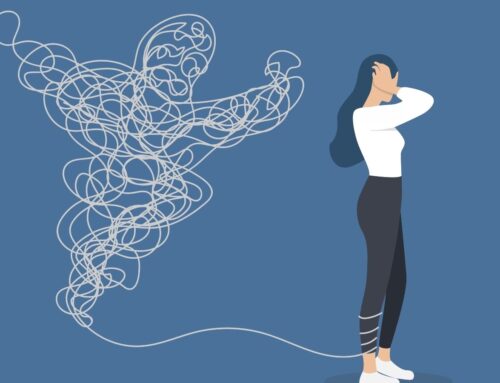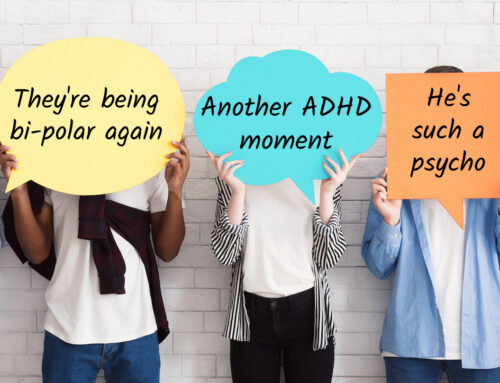Researchers agree: when it comes to mental health, food matters. Is a change in diet a substitute for therapy and medication? Not likely, but experts say it could help. Emerging research suggests that a few simple dietary changes, in conjunction with more traditional treatments (psychotherapy and medication), could enhance cognitive function and reduce the symptoms of depression, anxiety, and other mental health disorders.
Here are a few foods that can help:
Fatty Fish: Studies have shown that a diet rich in foods containing omega-3 fatty acids, such as DHA and EPA, can impact the production of neurotransmitters, including dopamine and serotonin, and may support the synapses in our brain, boosting learning and memory. Foods to look for include wild cold-water fish (salmon, sardines, herring, and mackerel), seaweed, flaxseed, and walnuts.
Whole Grains:
Simple carbohydrates can exacerbate low mood by spiking blood sugar and have recently been shown to impact the brain in similar ways to addictive drugs. Complex carbohydrates, on the other hand, like those contained in whole grains, help fuel the brain and body in a more steady way. Whole-wheat products, bulgur, oats, wild rice, barley, beans, and soy are all good sources of complex carbohydrates.
Lean Protein:
The amino acid tryptophan, which is a building block of protein, impacts our mood by boosting production of the neurotransmitter serotonin in our brain. Good sources of lean protein include fish, chicken, eggs, and beans.
Leafy Greens:
Low levels of B-vitamins, including folate, have been linked with depression, fatigue, and sleep difficulties. There are many great sources of these brain and body healthy nutrients including spinach, turnips, mustard greens, and broccoli.
Yogurt with Active Cultures:
Probiotics (healthy bacteria) have been shown to reduce anxiety and stress hormones, by impacting the neurotransmitter GABA. Fermented foods, such as yogurt, kefir, kimchi, and tempeh contain these probiotics, while many processed foods may actually disrupt the balance of healthy and unhealthy gut bacteria.
*It’s important to remember that the causes of mental health problems are complex, and can include psychological, biological, emotional, environmental, and dietary factors. Changing nutritional intake is not a substitute for mental health treatment such as psychotherapy or psychotropic medication.
References:
http://www.health.harvard.edu/staying-healthy/foods-that-fight-inflammation
www.mentalhealth.org.uk/help-information/mental-health-a…/diet/
https://www.psychologytoday.com/blog/real-healing/201301/healthy-gut-healthy-mind-5-foods-improve-mental-health
http://womenshealth.gov/mental-health/good-health/





